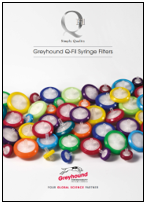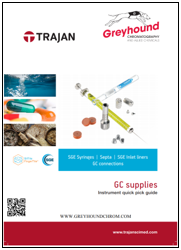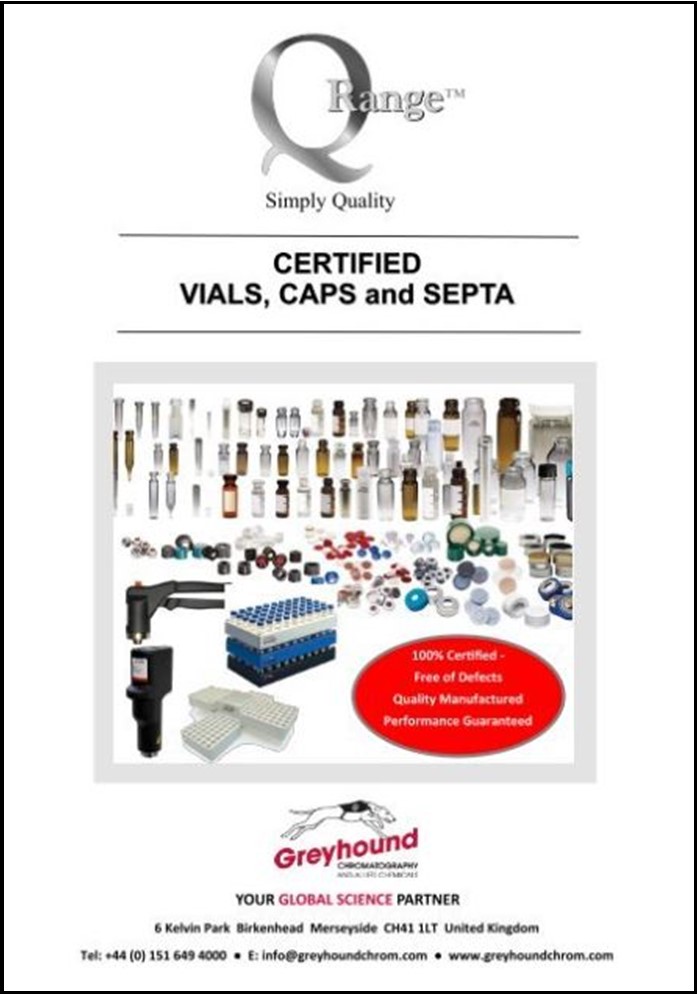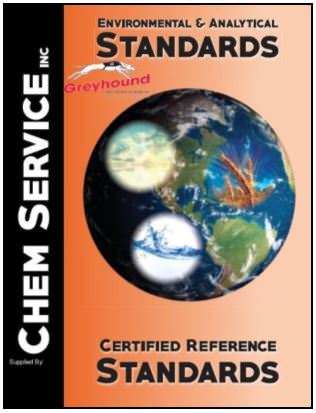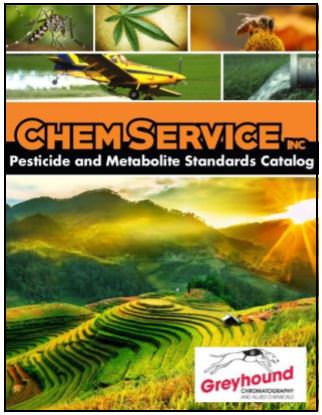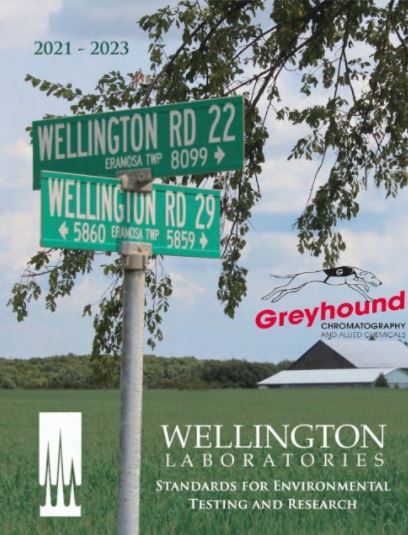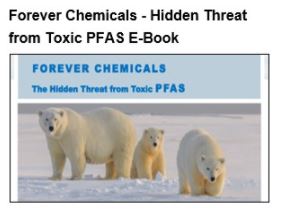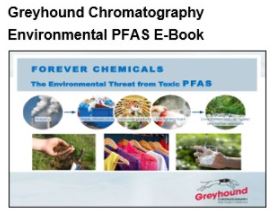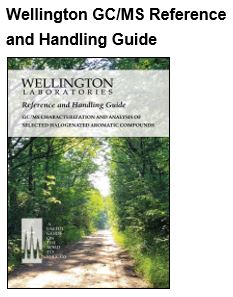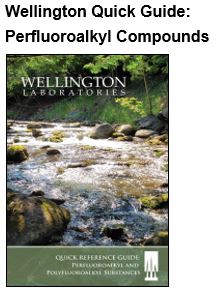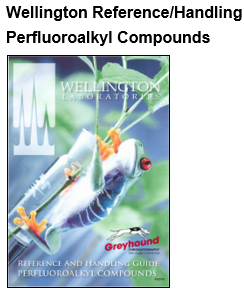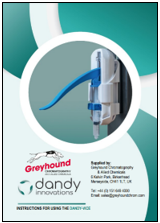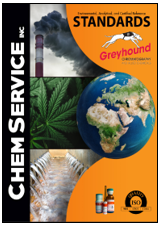Prudent fertilizer use may reduce climate change

![]()
Fertilizers are essential to the health of the agricultural industry. They enrich the soil so that farmers can produce enough food to meet the growing demand of the population. However, when it comes to nitrogen-based fertilizers, chemical reactions in the soil produce nitrous oxide, which is one of the most impactful greenhouse gases associated with climate change. Ultimately, widespread use of nitrogen-based fertilizers in agriculture is a major driving factor behind the temperature changes seen around the globe.
International environmental health agencies and groups have been urging farmers to adopt more prudent practices in applying fertilizer. One team of scientists from Michigan State University published a study in the journal Proceedings of the National Academy of Sciences that adds to the body of evidence supporting these educational efforts.
How severe is the agriculture issue?
According to the authors of the new study, agriculture accounts for 80 percent of human-related nitrous oxide emissions in the world. This is usually a product of nitrogen-based fertilizers reacting with microbes in the soil. Once in the atmosphere, nitrous oxide traps heat. It can also eat away at the ozone layer if it reaches the stratosphere.
Fertilizer accounts for more than 85 percent of agriculture's contribution of nitrous oxide to the atmosphere, according to the U.S. Energy Information Administration. The rest of it comes from other sources, such as manure from domestic farm animals, especially cattle.
'We're showing how farmers can help'
After analyzing international data on agriculture and greenhouse gases, the MSU team concluded that levels of farm-related emissions of nitrous oxide rise faster than previously anticipated in cases when farmers apply more nitrogen-based fertilizer than is needed by crops. Their conclusion supports campaigns to persuade the agricultural industry to use fertilizer more wisely.
"Our specific motivation is to learn where to best target agricultural efforts to slow global warming," senior study author Phil Robertson, director of MSU's Kellogg Biological Station Long-term Ecological Research Program, said in a statement. "Agriculture accounts for 8 to 14 percent of all greenhouse gas production globally. We're showing how farmers can help to reduce this number by applying nitrogen fertilizer more precisely."
By contrast, over-application of fertilizer is not a major problem for crops that have been underfertilized, according to lead study author Iurii Shcherbak. This is particularly relevant for parts of sub-Saharan Africa.
"Because nitrous oxide emissions won't be accelerated by fertilizers until crop nitrogen needs are met, more nitrogen fertilizer can be added to underfertilized crops with little impact on emissions," Shcherbak said. Additionally, reductions in nitrous oxide levels can be further achieved by applying less fertilizer in areas that are overfertilized.
The researchers hope their study supports the use of extending carbon credits to farmers who use nitrogen-based fertilizers more wisely. Currently, such policies exist for corn growers in the U.S.
Fertilizer poses other problems
Aside from compounding climate change, imprudent use of nitrogen-based fertilizer can also pollute different bodies of water. Excess fertilizer in the soil can wash away in runoff, which carries nitrogen and other nutrients to rivers, lakes and oceans. These nutrients drive eutrophication, according to the U.S. Environmental Protection Agency. During this process, algae grows faster than usual, potentially releasing toxins into drinking supplies and depleting the amount of available oxygen in the water. The latter effect creates what are known as "dead zones," in which fish and other aquatic life cannot live.
Better use of nitrogen-based fertilizers and similar chemical compounds will have a positive impact on both water quality and efforts to curb climate change. To achieve this, stakeholders need more education on the matter, and ongoing studies such as the one from MSU provide the evidence.
For over 30 years Greyhound Chromatography has been supplying high quality Chromatography consumables to laboratories around the world. Greyhound’s extensive range covers all areas of Environmental, Petrochemical, Food, Forensics, Chemical and Pharmaceutical analysis. Backed by a highly experienced technical services team, Greyhound is the preferred source amongst today’s analysts.
CONTACT US
Tel: +44 (0) 151 649 4000
Email: marketing@greyhoundchrom.com
FOLLOW US
YOU MAY ALSO BE INTERESTED IN OUR NEWSLETTER
About The Author
Susan Massie, Sales & Marketing Director, Greyhound Chromatography and Allied Chemicals Email: sue@greyhoundchrom.com
Susan Massie is the Sales & Marketing Director for Greyhound Chromatography and Allied Chemicals, affectionately known as 'Greyhound' in our scientific community. Greyhound was founded by Susan's husband Paul Massie almost 40 years ago, Susan hasn't been in the business for all of that time but has been involved with Greyhound for over 17 years. Greyhound continues to grow, expanding into new markets and taking on the challenges of our ever changing environment. It's heartwarming to witness the world waking up to the fact that we are damaging our planet on a daily basis. Every action we take has a direct effect on our planet and the world we leave behind for future generations. Susan is passionate about climate change and is happy to work in an industry that can have a direct effect on reducing the impact of our actions on the environment. All of the team at Greyhound take our responsibilities very seriously, the products that we supply are used by the world's leading scientists and chemists as they endeavour to monitor and repair the environment. All is not lost, if we all take responsibility for our actions, from reducing our waste and reusing or recycling our material collateral we can make a difference. The internet is full of useful advice and guidance, Susan is proud to contribute to that wealth of knowledge whenever she can.
Greyhound prides itself on personal service which provides prompt, efficient, cost-effective, safe delivery of all products. Greyhound provides technical advice and distribution of Certified Reference Standards and Materials, Laboratory Consumables, Solvents and Reagents across all scientific disciplines. Greyhound Chromatography offers over 1 Million products from its UK warehouse. The team at Greyhound are proud to support the work of the world's leading scientists and chemists as they challenge the abuse of our planet and try to make a difference to the world we leave behind for our ancestors.
You can view Susan's Linked In Profile here https://www.linkedin.com/in/susan-massie-79ab4121/


